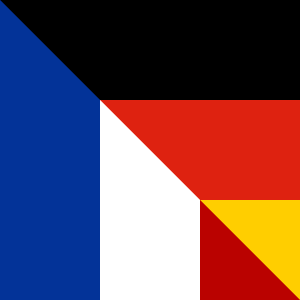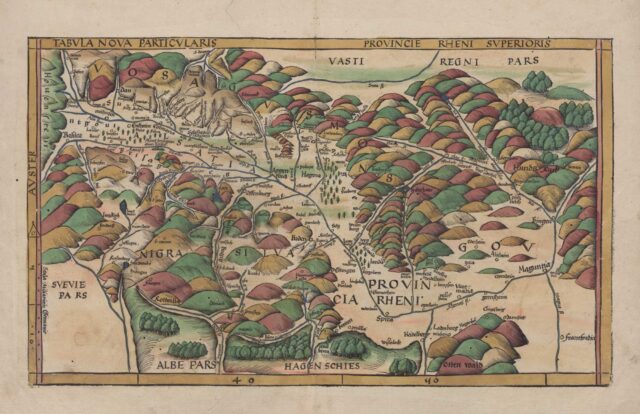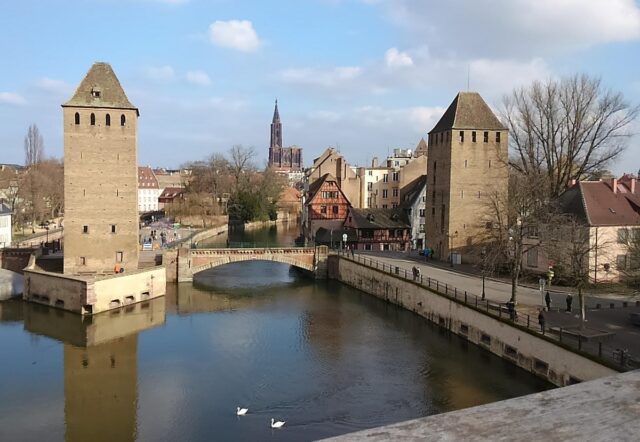Profile
- Research Subject
Study of political order in late medieval and early modern Europe. Main fields are Alsace and the Upper Rhine region.
- Research Fields
- Early Modern European History, Regional History of Alsace
- Faculty - Division / Research Group / Laboratory
- Division of Humanities / Research Group of History / Laboratory of Occidental History
- Graduate School - Division / Department / Laboratory
- Division of Humanities / Department of History / Laboratory of Occidental History
- School - Course / Laboratory
- Division of Humanities and Human Sciences / Course of History and Anthropology / Laboratory of Occidental History
- Contact
Office/Lab: 304
Email: aqh06207*elms.hokudai.ac.jp
Replace “(at)” with “@” when sending email.Foreign exchange students who want to be research students (including Japanese residents) should apply for the designated period in accordance with the “Research Student Application Guidelines”. Even if you send an email directly to the staff, there is no reply.- Related Links
Lab.letters


The remarkable Upper Rhine region where Germany, France and Switzerland meet
In studies into the northeastern French region of Alsace, which lies across the Rhine River overlooking Germany to the east, recently we are seeing a new perspective that focuses on the Upper Rhine region as a border area encompassing both sides of the river, instead of viewing the Rhine simply as a border line between the two countries. Within this framework, I focus on medieval and early modern era disputes and conflicts. As an example, I am attempting to clarify the maintaining of order along the border region aimed at ensuring flexible dispute resolution amidst repeating cycles of conflict, compromise, and harmonious relations concerning rights surrounding the navigation of the Rhine, which was important to the economy as well. If you include the Swiss Confederation within the history of Alsace, which already spans the medieval and early modern German Empire (Holy Roman Empire) and the Kingdom of France, the picture gets even more complicated. However, utilizing historical materials in the French, German, and Latin languages, I am gradually unravelling mysteries surrounding that multi-layered order.
Fostering curiosity for question-led research
When I was a first-year undergraduate student, I took a class on Holy Roman Empire history by Professor Fumihiko Yamamoto, and was inspired by how interesting the study of history is. That inspiration has remained with me up to today. I was not originally good at history, but I feel that is exactly why I have been able to continue researching from a fresh perspective. The study of history is an academic field in which we inquire about the past from the standpoint of the present, and have repeated dialogues with the past via historical materials. Instead of merely absorbing the content of past research, it is vital to develop the ability to critically engage with the materials, draw conclusions and articulate thoughts through a process of academically asking questions about the interests or disagreements that material produces in us individually. At times employing texts and historical materials that are not in our university’s collection, and organizing massive amounts of data, our understanding of these questions increases further. And discoveries on the horizon of that quest which only you can see await you, along with a great sense of joy.
Message
What does learning and researching history mean to you? I imagine there are many different answers to this question, but for me personally, I engage in research and education with a focus on learning the path of changes from the past to the present to better understand the present and also learning about other cultures across different eras and locations to cultivate the ability to understand yourself and other people. In my seminars, by reading texts and historical materials in other languages with a focus on German, students deepen their thoughts on the people who lived in medieval and early modern Europe and their culture.
In the Laboratory of Occidental History, undergraduate and graduate students who are journeying outward from the small world of “me, here, now” through this kind of learning live a daily life of free discussion and lively research activities that is not trapped by norms. I sincerely look forward to you joining them.




